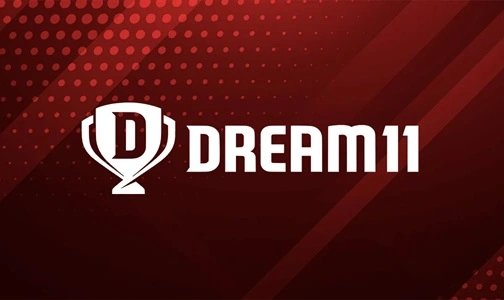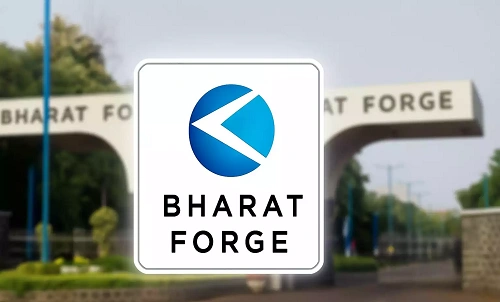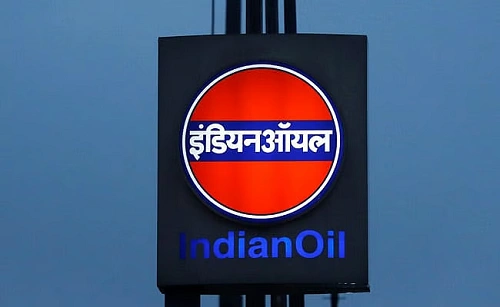See, by this point, we all know how big of a thing cricket is in India, and if you have ever watched a cricket match in India or those IPL matches, then chances are, you must have already heard of Dream11. You can also see Dream11’s logo on Team India’s international jerseys in all formats of the game because they’re a big sponsor to the BCCI. As per the ads that this company runs, everyone tells you that you can earn big money through Dream11 if you have knowledge of the game. Right?
Well, that’s just the users’ part. What about the company itself? Like, how does Dream11 profit out of this and sponsor these big events? That is precisely where a lot of people in India feel confused, and if you truly want to know the business model of Dream11 and how it has been profiting all these years and growing crazy, then just keep on reading.

| Company / Brand | Dream11 |
| Establishment Year | 2008 |
| Headquarters | Mumbai, Maharashtra, India |
| Founder / Owner | Co-founders: Harsh Jain and Bhavit Sheth; Parent company: Dream Sports |
| Industry | Fantasy sports / Online gaming |
| Net Worth (valuation) | About $8 billion |
| Total Revenue in 2023 | ₹6,384 crore |
About Dream11
Dream11 is a major Indian fantasy sports platform of India. The platform enables users to form their own digital teams for live games and make a profit depending on the progress of players in the real match. That’s the simplest possible definition of it.
Many of you may think that Dream11 is some new company that was started just a few years ago, but nah, it was started out back in 2008 with Harsh Jain and Bhavit Sheth as the founders. It is located at Mumbai, Maharashtra. Dream11 is a subsidiary of a larger parent company named Dream Sports.
Dream11 has, today, a user base of several hundreds of millions of people (260+ million) in India and provides fantasy contests for the likes of cricket, football, kabaddi, basketball, and hockey. It is worth mentioning that cricket is the most followed sport on the platform, mainly during major events like the IPL (Indian Premier League) and the Cricket World Cup.
How Does The Product Work In Simple Words?
You pick a game/match, create your lineup with the actual players, and participate in a competition. Plain and simple! The better your players perform in the real game, the more points your fantasy team will accumulate. Contests can either be free or paid ones. Paid competitions are associated with an entry fee. The app is self-styled as a “Game of Skill,” hence users do a thorough analysis of players and conditions before they enter.
How Dream11 Makes Money?
1. Platform Fee (Main Source)
All the money paid by players to join a contest is combined to form a prize pool. Generally, Dream11 takes a small portion of about 15% to 20% as its service charge or “platform fee”. The rest of the money is distributed to the winners.
2. Brand Partnerships and Sponsorships
Dream11 has a connection with sports organizations, clubs, and events. They have been associated with such bodies as the ICC (International Cricket Council), IPL (Indian Premier League), and they have also been at the very front of tournaments by having the naming rights. Apart from that, these alliances give them the opportunity to receive money from sponsorship deals and marketing partnerships.
3. Advertising and Promotions
The Dream11 platform is flooded with brand advertisements during popular sporting events like the IPL. This is in addition to the money that comes from the contest fees.
Pricing, Bonuses, And Loyalty
The entry fee varies from very small to premium contests. Besides, the users can find promos and bonus credits from time to time. These deals not only attract new customers and engage the existing ones, but they also reduce the company’s effective fee for a short time. Loyalty programs and seasonal campaigns catalyse the frequency of play and increase the value of the customer’s lifetime. Dream11 does not use one fixed take rate but rather fees differ from contest to contest, and promos change the effective share.
What About Taxes And Rules?
India is heavily influenced by two factors: the consideration of fantasy sports as skill-based games and the manner in which they are taxed.
Several times, judicial authorities have classified Dream11-type fantasy games as skill-based games, thus permitting the company to operate across the country, though a few states where exceptions exist have been noted from time to time.
Starting from 1st October 2023, India imposed a 28% Goods and Services Tax (GST) on the full face value of online money gaming. This is decidedly different from the earlier method, whereby the GST was primarily levied on platform fees. Such a modification is leading to a substantial tightening of the sector’s margins and prices.
In a recent news the Indian government passed the Online Gaming Bill, 2025, banning real-money games like fantasy sports and poker, while promoting e-sports and online social games. Violators face imprisonment and fines.



